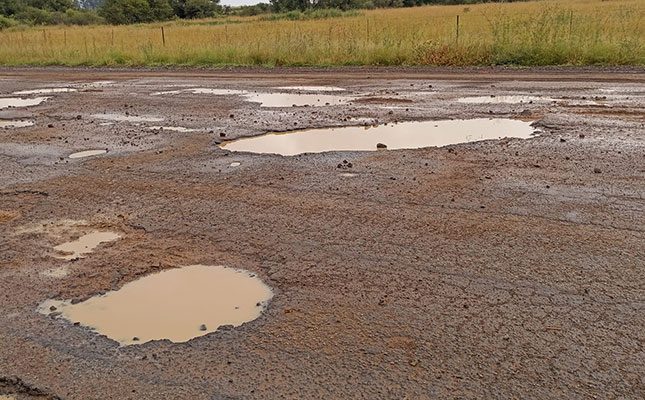
Photo: FW Archive
Speaking at the most recent Agbiz council meeting, he said that although the agribusiness sector underpinned rural economies, created employment and contributed to food security, it still required credible partners to sustain its growth and that of the broader economy.
He told Farmer’s Weekly that in an ideal world, the state would be the sector’s most important partner, but that this was not the case in South Africa.
“It seems as if the governors of the country have lost the plot completely. It is evident that there is virtually no dividing line between the governing party and the actual government. The current policy environment and political landscape is characterised by an alarming lack of leadership, capability, capacity and sound decision making. Self-interest has become the norm and that leaves us in an intolerable situation,” he said.
Strydom emphasised the role of agribusinesses, saying that between the agribusiness industry and their members, more than 85% of what South Africans ate and wore was produced locally.
In 2022, the agriculture sector was also responsible for in excess of 50% of the total exports from South Africa. According to Strydom, the lack of state support and responsibility had become intolerable.
“South Africa has some of the best and most resilient agribusinesses in the world, but we shouldn’t take their resilience for granted. Operating conditions are becoming more difficult by the day. Rural municipalities are simply not performing optimally and businesses are having to spend millions each year to make up for it. This is not a sustainable situation and we need leaders to step up and take accountability for the state of business conditions in our country,” Strydom continued.
According to him, South Africa was home to some of the world’s leading agribusinesses that could compete with the best in the world.
“These companies and businesspeople are mobile. They have the skills, the knowledge and the capital to operate anywhere in the world. The mere fact that they are still here shows a deep sense of patriotism and commitment to this country. This is not something we should take for granted and it is especially relevant for our political leaders to take note of when positioning South Africa in a volatile geo-political situation.”











